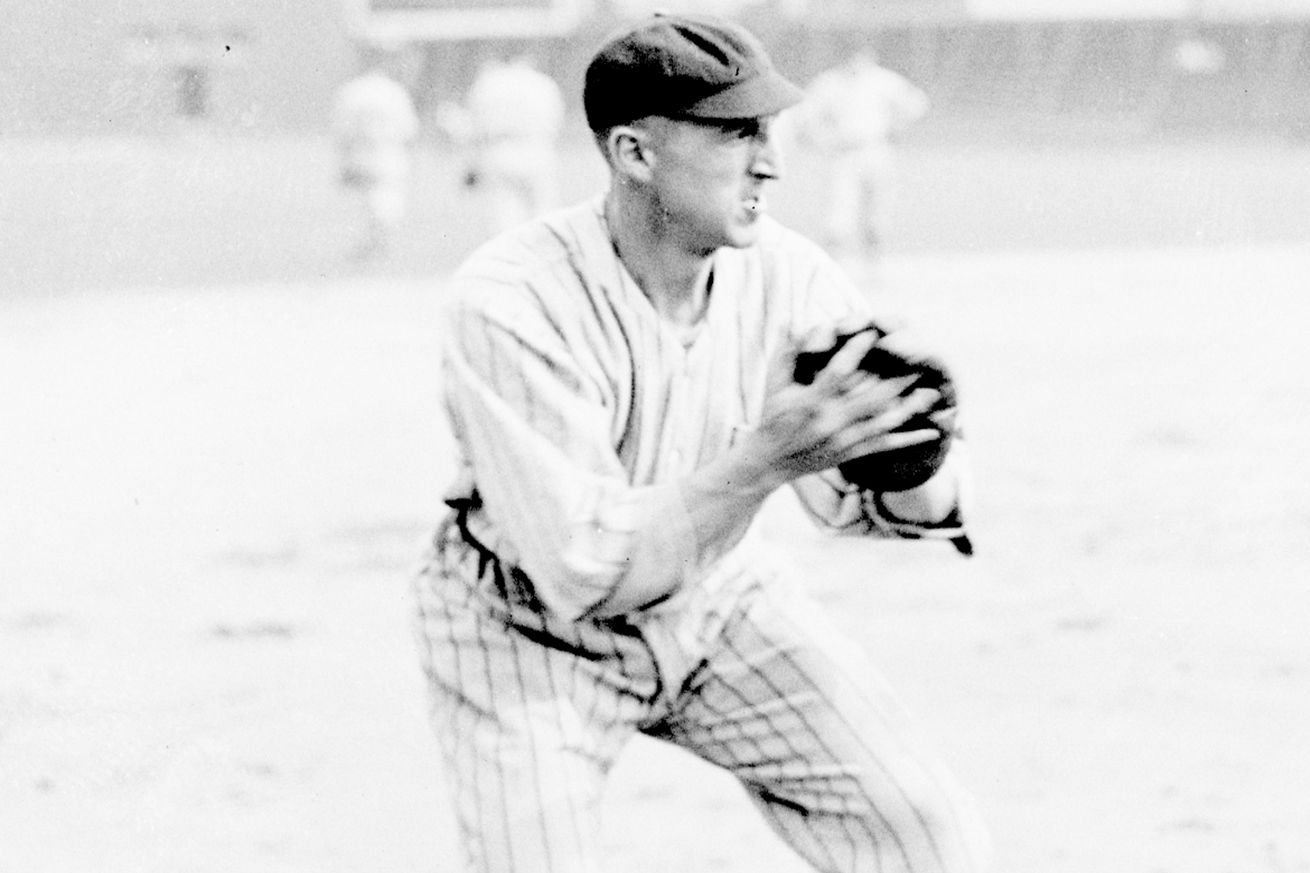
Coming off a pennant year, the Cubs finished far out of first place.
The Cubs won the NL pennant in 1918. It would be their last for 11 years. They had a winning record in 1919, but finished far out of first place — 21 games behind the pennant-winning Reds.
Thus it was a fairly quiet year for transactions.
June 23: Acquired Lee Magee from the Robins for Pete Kilduff
“Robins” was the name the Brooklyn Dodgers were known by from 1916-31, in honor of their longtime manager Wilbert Robinson.
Kilduff, an infielder, had been a part-time player for the Cubs for parts of three seasons, batting .258/.319/.345 in 117 games. The charmingly-nicknamed “Lee” Magee (his real first name was Leo) had been a pretty good player for the Cardinals in the early part of the 1910s, but after jumping to the Federal League he wasn’t quite the same. He batted .292/.339/.378 in 79 games for the Cubs and that was it for his major-league career. Since Kilduff put up two decent seasons in Brooklyn, they get the edge in this trade.
July 25: Acquired Dave Robertson from the Giants for Phil Douglas
Douglas, a lefthanded pitcher, had put up some good numbers for the Cubs, including in their 1918 pennant season. He also had four good seasons for the Giants after the deal, and pitched for them in the 1921 World Series.
Robertson, an outfielder who as far as I know is no relation to the David Robertson who pitched for the Cubs in 2022, had one good year in Chicago: 1920, when he batted .300/.353/.462 with 29 doubles, 11 triples and 10 home runs in 134 games. Other than that he was just a part-time player with the Cubs and wound up traded to the Pirates.
The Giants got the better of this deal.
August 2: Acquired Buck Herzog from the Braves for Les Mann and Charlie Pick
Herzog had previously produced good seasons for the Giants, Braves and Reds for more than a decade — he debuted in 1908! — but by the time the Cubs got him at age 33 he was a part-time infielder. He batted just .225/.290/.275 in 143 games for the Cubs in 1919 and 1920 and then was done.
Mann played for nearly a decade after the deal and produced 7.2 bWAR for the Braves, Reds and Cardinals. Pick, an infielder, played parts of 1919 and 1920 for the Braves, producing 1.7 bWAR. This was not a good deal for the Cubs and was an early example of acquiring an older player, trying to recapture past glory. The Cubs were already 11 games out of first place at the time of this trade and this didn’t move the needle at all.
D is the grade for these.
